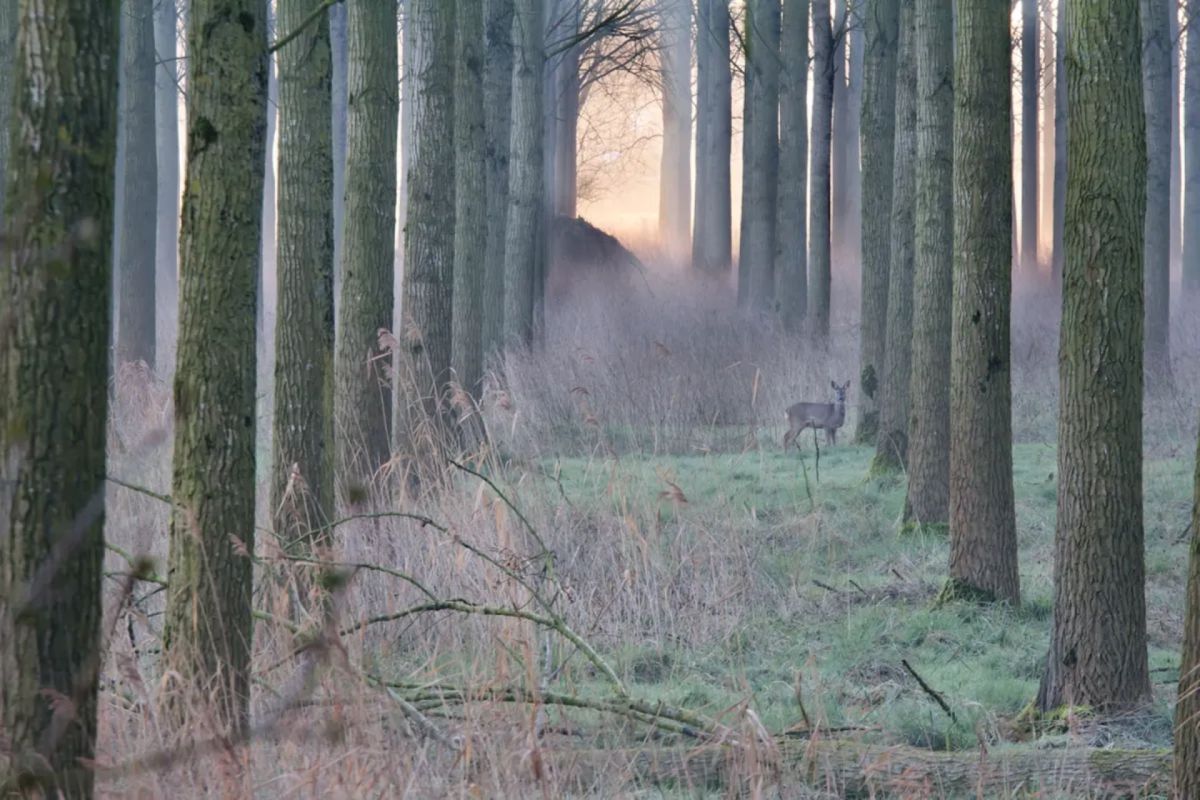Throughout the world, there are small, isolated ecosystems where plants and animals have evolved to be very different from their closest relatives.
The Galápagos Islands, whose unique bird species inspired Charles Darwin's discoveries in evolution, hold one such offshoot of the tree of life.
Venezuela's tabletop mountains ("tepui") house others. But the remarkable and irreplaceable amphibian species found in these beautiful hideaways in Venezuela are in danger of extinction due to Earth's rising temperature, as reported by the Guardian.
What's happening?
The tepuis are tall plateau mountains with steep, sheer cliffs on all sides, some as much as 10,000 feet high, the Guardian explained. Venezuela holds over 50 of them, each with its own tiny ecosystem on top.
"Visiting a tepui feels a lot like stepping on another planet," Margarita Lampo, an ecologist at the Venezuelan Institute for Scientific Research, told the Guardian. "It's a really unique place, with all these strangely shaped black rocks and unique vegetation. You see all these things you've never seen before."
The tepuis hold incredible amphibian species found nowhere else. These include the tiny pebble toad, which escapes from predators by curling into a ball and rolling; another species of bush toad so small that it can survive dropping from the treetops; and frogs that live inside of carnivorous plants.
Unfortunately, amphibians are at risk in this changing climate. A recent report revealed that as human pollution has made the world hotter, 41% of amphibian species around the globe are under threat. In Venezuela, the Guardian reported that there are 49 species of particular concern — 44 of them on the tepuis.
"We know so little about these animals and we might lose them before we ever get the chance to … [Losing these frogs] would be like setting fire to a library full of books that exist nowhere else and that no one has ever read," Lampo added.
Why do the frogs on the tepuis matter?
These at-risk species are yet another example of species loss due to rising global temperatures. Jennifer Swandby of Re:wild, a contributor to the IUCN Global Amphibian Assessment, told the Guardian: "There is a growing proportion of species being pushed to the brink of extinction by disease and climate change. Habitat protection alone cannot protect [them]."
Having many different species helps make ecosystems balanced, healthy, and resilient. When too many species die off, an ecosystem can collapse in chaos and mass die-offs.
What's being done to protect the frogs?
So far, there isn't a scientific consensus on the next steps, according to the Guardian. It might be possible to relocate the at-risk frog species or breed them in a lab.
One step already underway is freezing samples of the frogs in the hope that scientific advances will one day allow them to be brought back.
Individuals can help by reducing the amount of heat-trapping air pollution they produce, including by switching from gas appliances and cars to electric ones. You can check out other options for reducing your impact here.
Join our free newsletter for weekly updates on the coolest innovations improving our lives and saving our planet.









